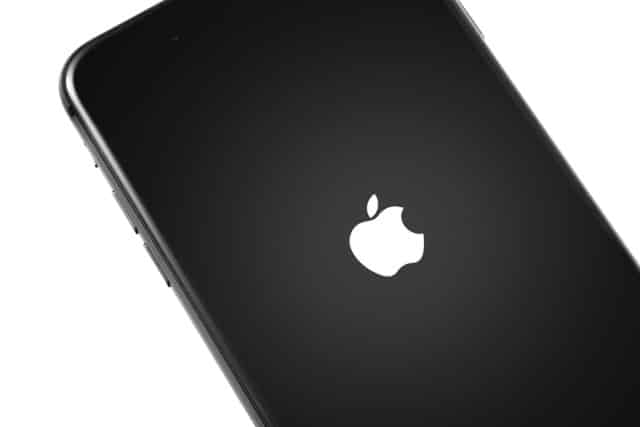
Apple responds to parental control app removal controversy
Apple has been upsetting developers of parental control apps recently by asking them to restrict their offerings in various ways, or simply removing them from the App Store. Critics say that this is because the apps compete with iOS's Screen Time feature.
Apple has now responded to the criticism, denying that this is the reason for its interference with and removal of apps. The company insists its actions had nothing to do with killing off the competition, but says that several parental control apps were delisted because "they put users' privacy and security at risk".

After launching Screen Time, Apple is interfering with competing third party parental control apps
With iOS 12, Apple introduced Screen Time, a feature that serves as a parental control tool and encourages periods away from the screen. Tim Cook said last year that he thought he used his phone too much (more recently adding, "we don't want people using their phones all the time"), and Screen Time is Apple attempt to muscle in on the countering of "phone addiction".
For those who are concerned about how much they are using their phone, or who are concerned about their children, it seems like a great feature. But for app developers who have spent years crafting tools that offered these options before Apple, the news is not so good. A new report reveals that Apple is interfering with apps that compete with Screen Time, even going as far as de-listing them without warning.
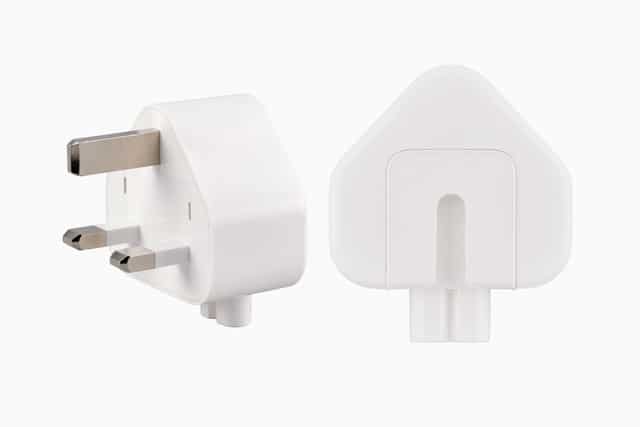
Shocking! Apple launches voluntary recall and exchange program for some power adapters
Apple has announced a voluntary recall of some of its AC wall plug adapters and Apple World Travel Adapter Kits over fears that they could cause electric shocks.
While the number of known incidents is low -- Apple says there have been just six worldwide -- there is a risk of the wall plug adapters breaking and causing a shock if touched. The recall relates solely to three-prong wall plug adapters, not USB power adapters. Anyone who has one of the adapters can obtain a replacement free of charge.
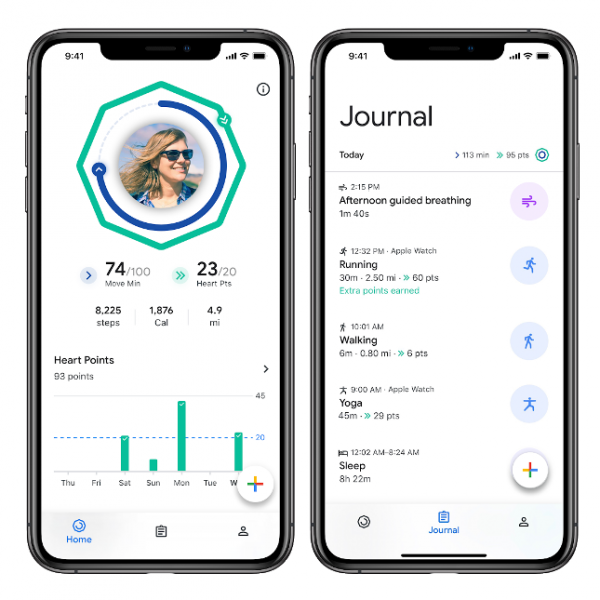
Google Fit comes to Apple iPhone
Obesity is a huge problem in the USA and other parts of the world. Not only does being obese lead to sickness and death, but it causes healthcare costs to skyrocket, which harms everyone's bank account. Not to mention, being fat simply doesn't feel good -- carrying extras weight is uncomfortable and can lead to joint pain.
So yeah, since obesity is bad, many people try very hard to lose weight, but sadly, many fail. Why? Putting on the pounds is much easier than taking them off, and since progress can be slow, it is easy to lose motivation. Thankfully, technology is helping folks to stay motivated. No, wearable devices and fitness apps won't cause weight loss on their own, but they can assist when added to a healthy diet and exercise plan.
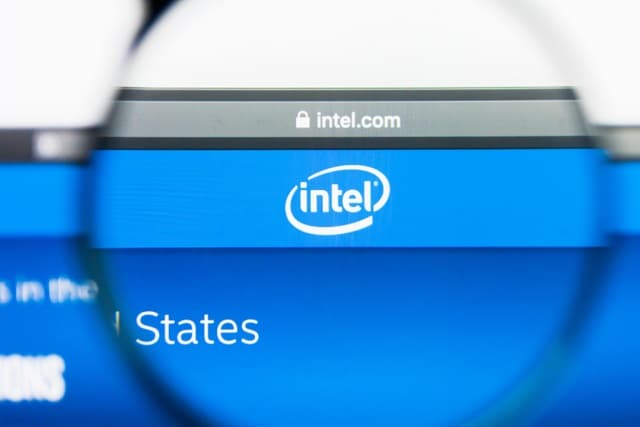
Intel announces it is exiting 5G mobile modem market after Apple and Qualcomm bury the hatchet
Intel has announced that it is to leave the 5G smartphone modem business and will assess the opportunities for 4G and 5G modems in PCs, as well as data-centric and IoT devices.
While Intel has not indicated a link between the two announcements, the news comes just after Apple and Qualcomm said they are bringing their legal battles to an end. It means that Intel will not supply the modem for the 5G iPhone, but the company says it will continue to invest in its 5G network infrastructure business.

Apple and Qualcomm bring their global legal fight to an end
Apple and Qualcomm have been suing each other since January 2017. The iPhone maker first sued Qualcomm for over $1 billion, contending that the chip maker was overcharging for its patent licenses, and in response Qualcomm counter-sued and tried to get iPhones banned in a number of countries, siting patent infringement.
In total, there were over 80 ongoing lawsuits in effect globally between the two tech firms, and yesterday saw the start of what was expected to be a three-week trial in a federal court in San Diego.

Mozilla criticizes Apple's iPhone privacy claims, launches online petition
Apple is one of the most privacy-focused tech companies. It has consistently protected its users, going so far as to defy the US Government by refusing to unlock an iPhone for the FBI. Conversely, Google makes a lot of its money from advertising and tracking users, while Microsoft has extreme telemetry in Windows 10.
And that's why it is so surprising that Mozilla -- another privacy-focused organization -- is criticizing Apple. You see, the Firefox-maker is calling out Apple for allowing advertisers to track iPhone users. Mozilla is going so far as to launch a petition, hoping to get Apple to change an important iPhone default setting.
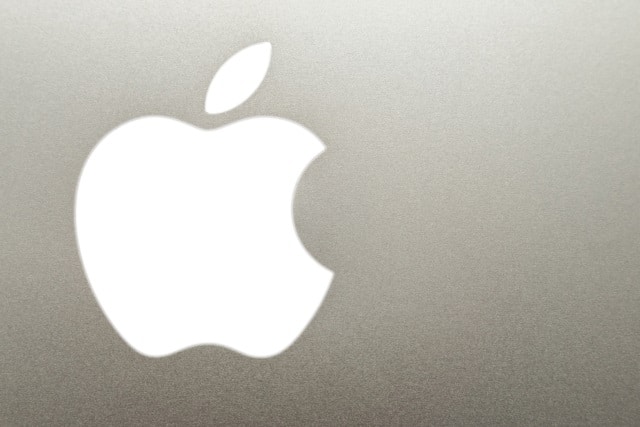
iOS 13 could herald the arrival of system-wide dark mode, better multitasking and so much more
With the big reveal of iOS 13 thought to be mere weeks away, leaks and rumors now abound. So, what can iPhone and iPad owners expect this time around? Well, it's looking as though 13 could be a lucky number as much sought after features are on the cards.
According to sources, the long-awaited dark mode is said to be arriving, along with new gestures. Apple is also said to be bringing improved multitasking and a lot more besides.

Apple adds subscription confirmation to the App Store
Apple has added a new confirmation pop-up to the App Store when users opt into a subscription using Touch ID or Face ID.
While Apple has not said as much, the confirmation screen gives users a second chance to back out of a subscription. It also helps to avoid the problem of accidental sign-ups and mitigates against apps that try to trick people into starting a subscription.
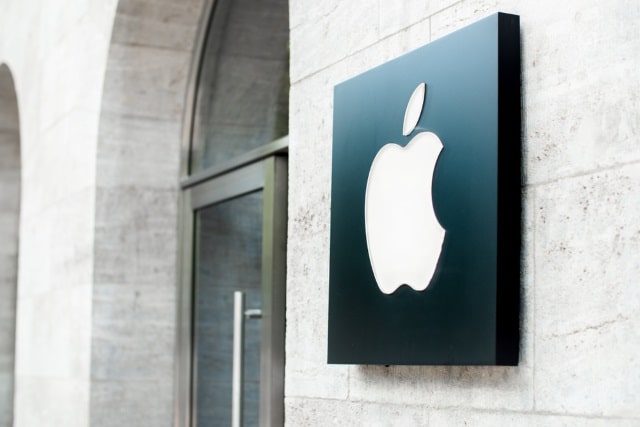
Apple no longer charges for transferring data to a new Mac
Apple is now offering data migration services free of charge when you get a new Mac.
Previously, the company charged customers $99 to transfer data from an old Mac to a new one, or when data transfer was needed as part of a repair. While not the most taxing of tasks, the dropping of fees means more people are likely to leave the process to Apple rather than undertaking it themselves.
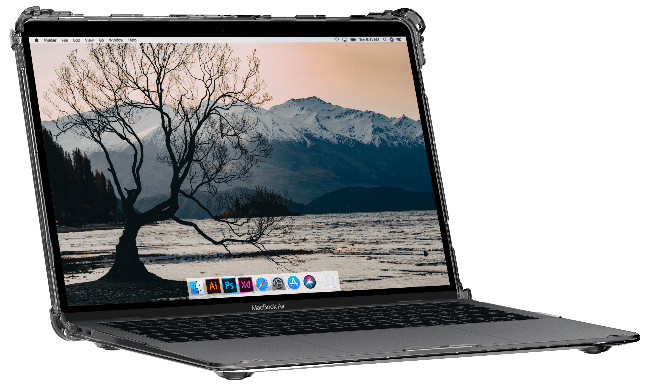
Urban Armor Gear launches Plyo Series case for Apple MacBook Air (2018)
Apple laptops are consistently great. Even with the polarizing keyboard found on recent models, you really can't go wrong with a MacBook. With that said, in order to buy an Apple computer, you have to have a lot of disposable income. You can get a Windows 10 machine with similar specifications for far less. There's nothing wrong with paying more for Apple hardware -- if it makes you happy and you can afford it, go for it.
If you do end up buying an expensive Apple MacBook, you should definitely consider opting for AppleCare. Insurance is always a bit of a gamble, and not always the wisest move financially, but it can be worth the premium for peace of mind. In addition to AppleCare, you may want to consider a protective case too. For example, today, Urban Armor Gear launches a rugged new case for the 2018 MacBook Air as part of its popular Plyo Series. Not only does it offer protection and improved cooling, but it looks rather attractive too.
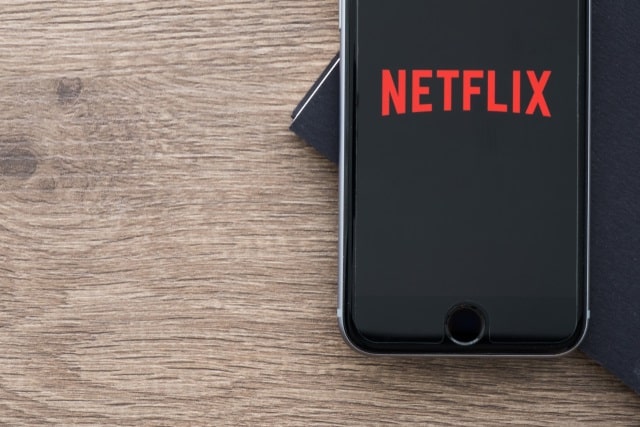
Netflix suddenly drops AirPlay support from its iOS apps
Citing "technical limitations", Netflix has dropped support for AirPlay from its iPhone and iPad apps.
Attempts to use AirPlay via the Control Center result in an error message, and Netflix has updated its support pages to indicate that the feature is no longer available. With AirPlay having been supported for a number of years, it's not clear quite what technical issues may have suddenly arisen, but the change does come shortly after the launch of Apple TV+.

Apple and Beats designed Powerbeats Pro wireless earphones are coming in May
Beats by Dr Dre has revealed details of its soon-to-be-released Powerbeats Pro wireless earphones. Scheduled for release in May, the earphones combine the engineering talents of Apple and Beats to create AirPod alternatives for music lovers and athletes alike.
Smaller and lighter than its predecessor, Powerbeats Pro provide both audio quality and comfort, and have been designed to withstand rigorous workouts. Available in four colors -- Black, Ivory, Moss and Navy -- the earphones deliver "powerful, balanced sound with dynamic range and noise isolation for a premium listening experience".

Logitech announces SLIM FOLIO PRO for third generation Apple iPad Pro
Ever since the release of the first-ever iPad in 2010, people have been trying to convert Apple's tablet into a laptop with add-on keyboards. You know what? It actually isn't too bad. True, lack of mouse/trackpad support in iOS can turn this makeshift laptop configuration into a frustrating experience, but in some situations, it is totally passable. If you are a writer, for instance, an iPad with a keyboard can remove distractions and focus your attention. If you do hardcore multitasking, however, a traditional laptop with Windows, macOS, Chrome OS, or Ubuntu is probably a wiser choice.
If you are OK with the limitations of iOS, and you still think an iPad or iPad Pro would be your ideal portable computer, than you should definitely check out Logitech keyboard cases. The company's iPad keyboard offerings have been consistently excellent and should last a long time. Now, Logitech is back again with a new keyboard case. Called "SLIM FOLIO PRO," it is designed for use with the third generation iPad Pro. And yes, both the 11- and 12.9-inch variants are supported -- there is a model for each.
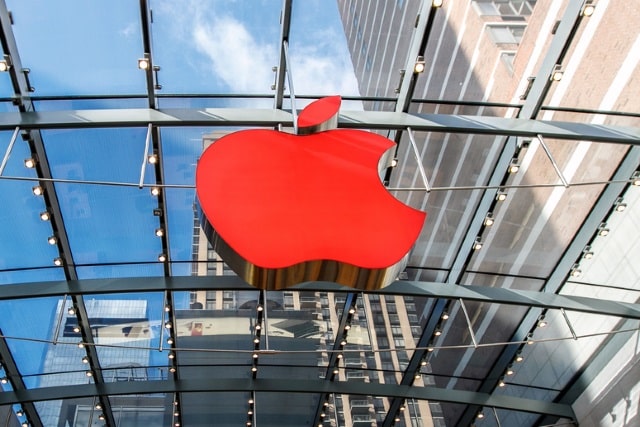
Canceled: Apple's AirPower wireless charging mat will not be released
Apple has confirmed that its long-awaited wireless AirPower charging mat is not going to be released. The company says quality issues are to blame for the decision.
The product was originally announced back in 2017 and was destined to be a convenient way to wirelessly charge iPhones, Apple Watches and AirPods. Its release had been repeatedly pushed back, but now it has been canceled completely
